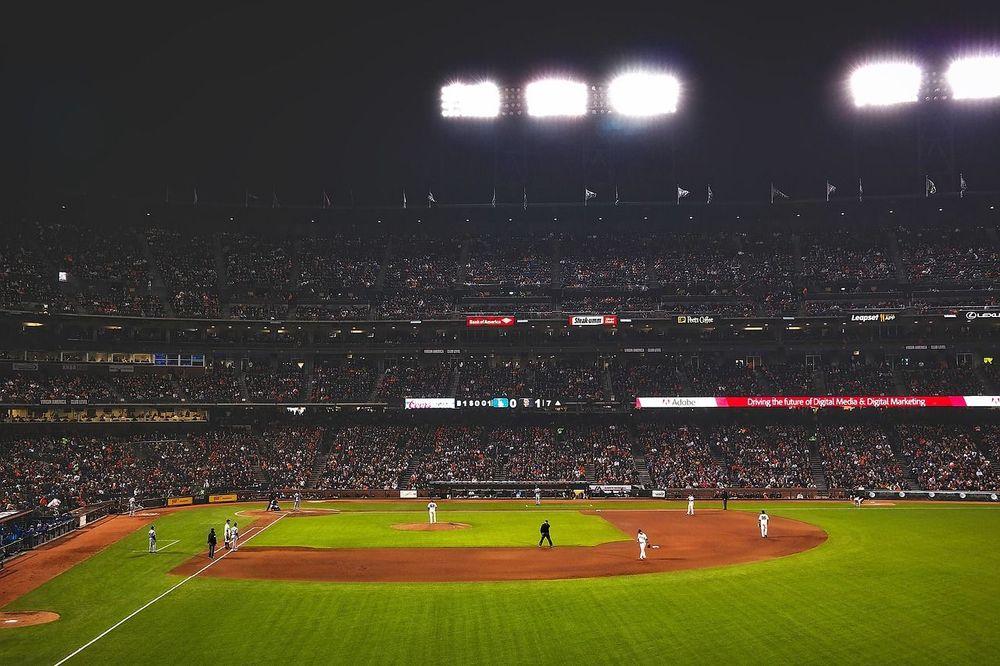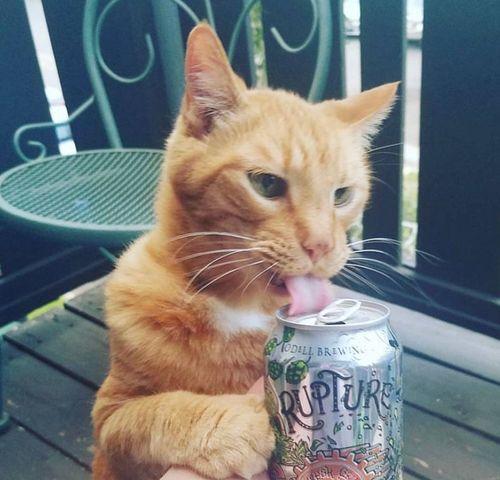
The BTV Podcast, Episode 56: The Fun Begins
Welcome back to the Baseball Trade Values Podcast! In this episode, founder John Bitzer (@johnbitzer2) and Associate Editor Joshua Iversen (@jive_mlb) break down pre-deadline trades, including Luis Castillo and Andrew Benintendi. Then, they discuss other news and rumors and give their last predictions before the deadline.
Listen to the episode through your favorite podcast provider, or via the media player or download link below:
Download link: http://cast.rocks/hosting/22512/Baseball-Trade-Values-Podcast-Episode-56-The-Fun-Begins.mp3
Links:
David Roth Rockies tweet: https://twitter.com/david_j_roth/status/1553446519294099456?s=20&t=4myp5LH2-G-DpF8xkE2Dzg
Woo: Should the Cardinals trade for Juan Soto? Breaking down the reasons for — and against — it ($) https://theathletic.com/3444195/2022/07/25/cardinals-juan-soto-mlb-trade-deadline/
About the Author
Comments
4Another fun listen. I particularly enjoyed the dig at the Guardians fans on the site.
One follow up question: I was a bit confused about how you’re accounting for QO. You mentioned using a probabilistic model in the past to quantify the likelihood of a QO being accepted. Is this still used? What’s the estimated value of a comp pick? $8m?



It's only used for trade candidates who could be QO'd instead of traded. Quantifying the value of the draft pick is tricky, because it depends on the team that signs the player post-QO decline. It ranges from $9M on the high end (end of first round, position player, in a deep draft) to about $2M on the low end (end of second round). We usually split the difference, and use that as a baseline to compare whether a team would be better off issuing a QO or trading the player. If there's more surplus value than the average value of the draft pick, it makes more sense to trade them.
Thanks for the clarification, John. Cheers.